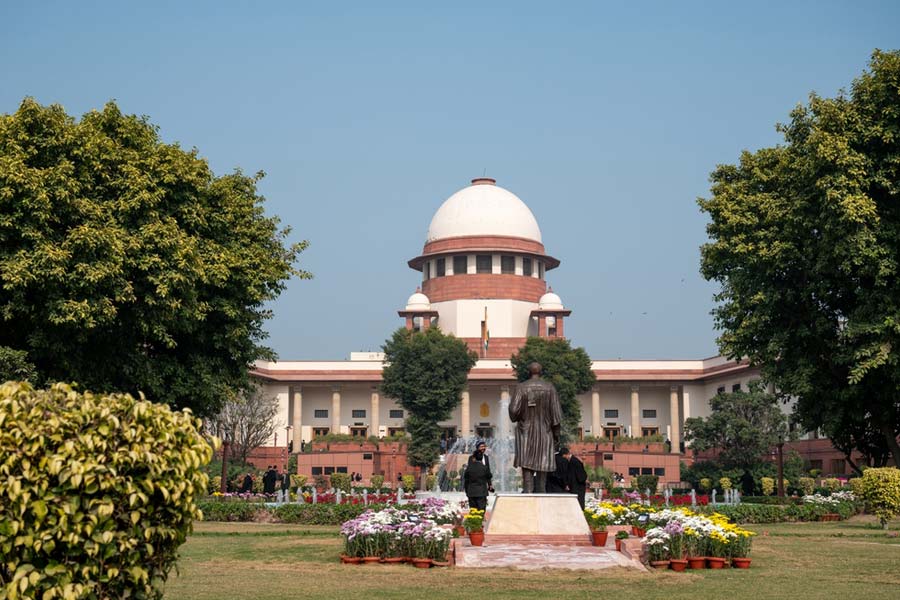Responding to a clutch of petitions that sought to challenge the Election Commission of India’s Special Intensive Revision of electoral rolls in poll-bound Bihar as unconstitutional and illegal, the Supreme Court, while refusing to stay the publication of draft rolls scheduled on August 1, made two important points. It rejected the EC’s argument about documents such as the Aadhaar and electors photo identity cards being vulnerable to forgery and asked India’s apex poll body — for the second time — to include these documents as valid evidence. The highest court also stated — warned? — that it would not hesitate to step in and quash the entire exercise in light of irregularities. Mass inclusion, it argued, should be a priority. The Supreme Court’s caveat is not unreasonable. This is because there are allegations that the SIR endeavour that is being rushed through for inexplicable reasons — it began only a few months before Bihar goes to the ballot box — has not been free of procedural lapses. According to the Association for Democratic Reforms, a non-profit organisation, as many as 94 lakh voters are at risk of disenfranchisement. The ADR also informed the Supreme Court about such lapses as electoral registration officers uploading voters’ enumeration forms without them being duly filled or signed. One of the ostensible objectives of the SIR, according to the EC, is to weed out the presence of illegal foreign immigrants from the voters’ list. Yet, strikingly, the EC is yet to clearly state whether it has come across any such dubious representation. The 65 lakh names deleted in the EC’s estimate includes the deceased, those enrolled in multiple places in Bihar and those — migrants —who have shifted permanently or not been found.
The objective of an SIR is unquestionable. The sanctity of an election, one of the signposts of a functioning democracy, is contingent upon uncontaminated electoral rolls. But in the case of Bihar, the EC’s modus operandi, as well as the purported objective of the SIR, has raised questions. Firstly, an exercise of such scale and importance should have been given more time. The citizen must not be made to pay the price of bureaucratic haste or ineptitude. The SIR has also been criticised for passing the onus of proving citizenship on to the voter. This bureaucratic sleight of hand can be challenged on a number of counts. It appears that the Bihar SIR is far from being a closed chapter. Further judicial interventions cannot be ruled out.











